In 2020 we bought a small farm tucked away up in the Mendip Hills in Somerset.
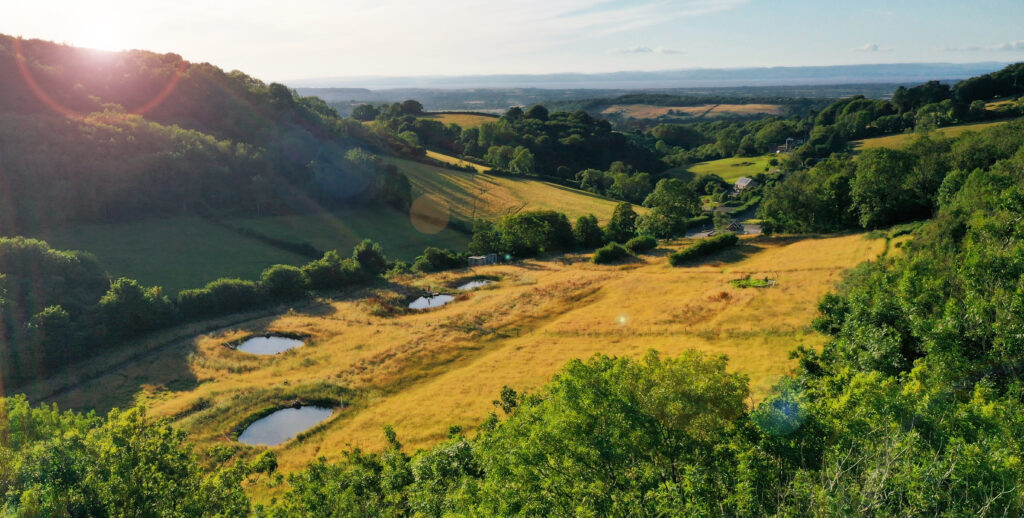
A Patch Wilder is a conservation project aiming to benefit wildlife and connect people with the environment around them. Our overall aims and objectives are:
Habitat-management: Unfortunately our patch is just too small for full-scale re-wilding. We are missing key-players such as large herbivores and apex predators, and the current ecological imbalance is too great to equilibrate naturally without a little help. We will therefore be taking an active role in habitat-management – planting, felling, scything and coppicing to mimic natural processes but also taking a back-seat and letting nature choose the direction in which to travel and we can’t wait to to see where it ends up!
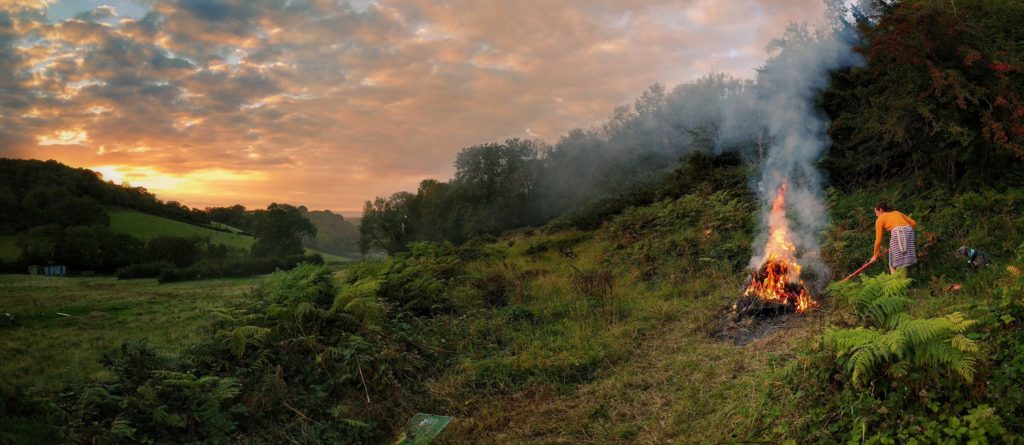
Survey work: How will we know if the project is heading in the right direction? We will attempt to survey as many species as possible, recording the data to provide long-term comparisons, which will guide and adapt our future management practices.
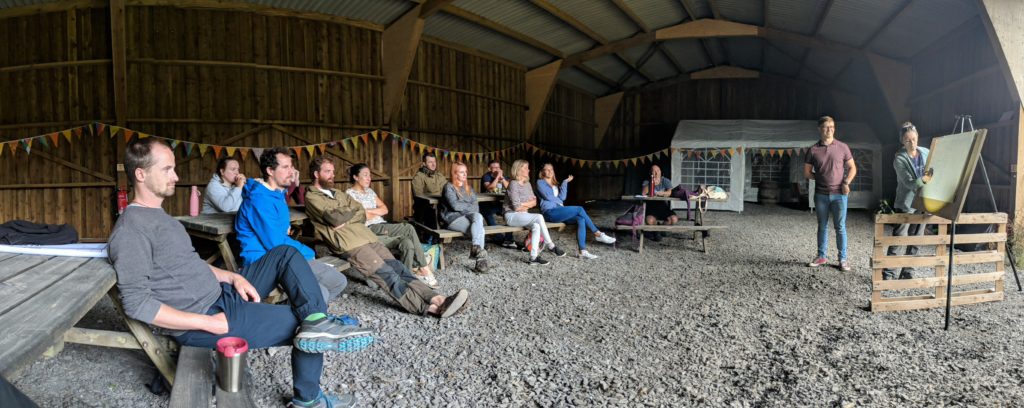
Education: We will be educating ourselves as we go – catching little glimpses into the breath-taking complexity and myriad connections linking every living thing within an ecosystem. We also hope to educate others – to re-enforce the importance of our “green and pleasant land” at a time when humans are more removed from it than at any other time in history.
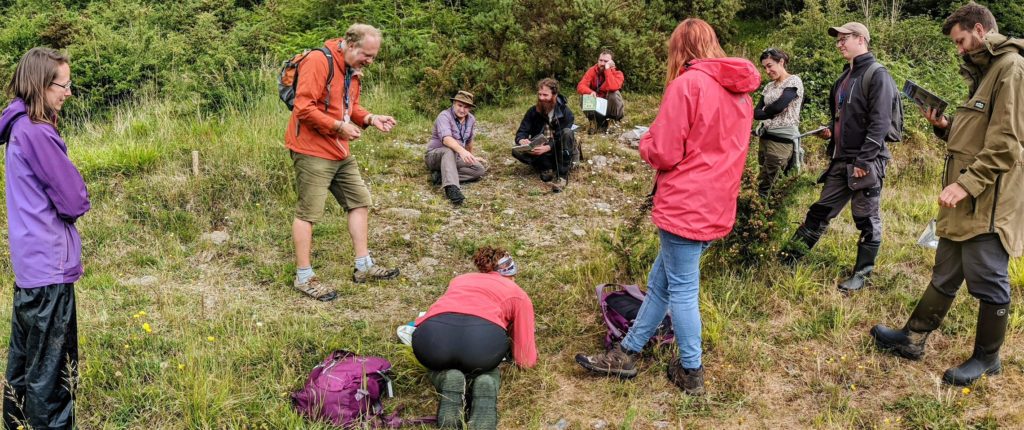
Wellbeing: Recent studies have shown that access to nature and greenspace can improve our mental health and wellbeing. We moved to the farm right at the beginning of the coronavirus lockdown and felt incredibly lucky to have access to beautiful countryside at a time when many people across the country were struggling to get their daily dose of nature. Building a connection with nature and the land here has been extremely rewarding and is something that we would like to share with others.
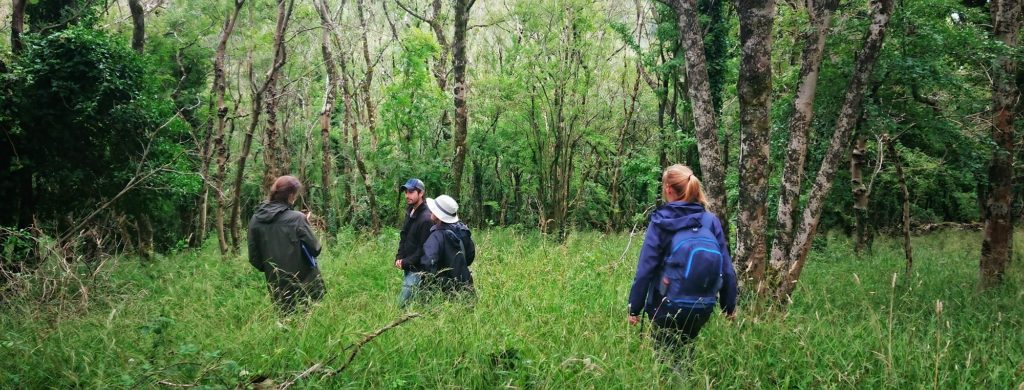
We also hope to share our findings of the small changes that can be made in land-management practices that can result in big benefits to biodiversity. Farming and wildlife do not have to be mutually exclusive: field-margins, bee-banks, untidy hedgerows, ponds and avoidance of chemicals can actually increase food productivity, whilst providing a home to countless species whose full importance to us and our habitat as humans, may never be fully understood.
